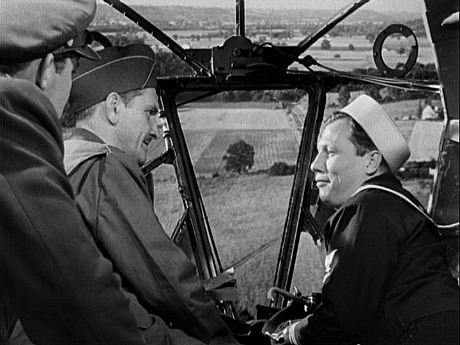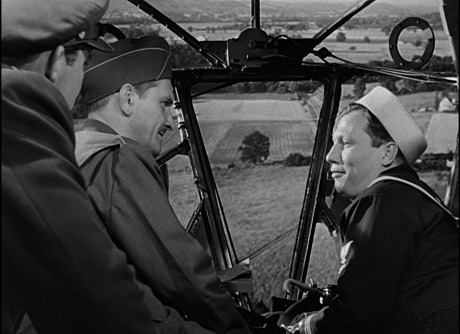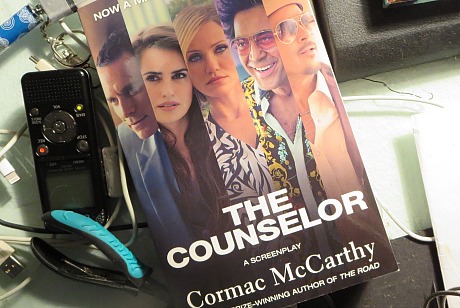The review embargo for Peter Berg‘s Lone Survivor (Universal, 12.27 limited) lifts on Wednesday, 11.13, but Universal had a big “hello, journalists!” screening last night at the TV Academy in Burbank, and apparently it’s okay to “comment” in discreet bursts. Here are three or four. Lone Survival is a blue-chip, this-really-happened war film in the tradition of Pork Chop Hill, Hamburger Hill, We Were Soldiers and particularly Black Hawk Down. It’s an expertly assembled, emotionally jarring wallop — it quickens your pulse and makes you go “whoa…that was fierce and heavy.” It throttles you all to hell and that ain’t hay. My mouth was open with a “good effing God!” look on my face (I wasn’t holding a mirror but trust me) for at least half of the two-hour running time. The two thoughts I had were “God help the guys who went through this nightmare” and “thank God I’m sitting warm and safe and dry in a theatre in Burbank.”
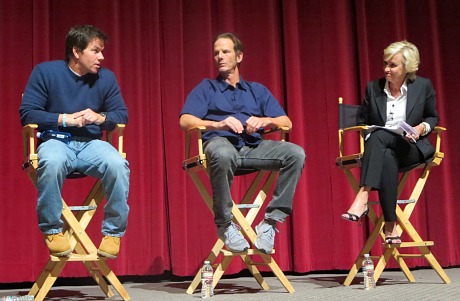
Lone Survivor star Mark Wahlberg, director Peter Berg & interviewer Tina Brown during last night’s q & a.
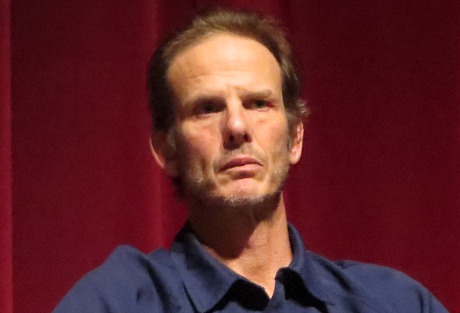
Is Lone Survivor an awards-season contender? Yes. Certainly. Or it damn well should be, at least. The honest gut-punch aspect plus the high level of craft and unmissable emotion that went into it demand this level of consideration.

